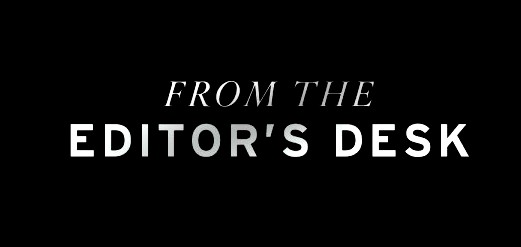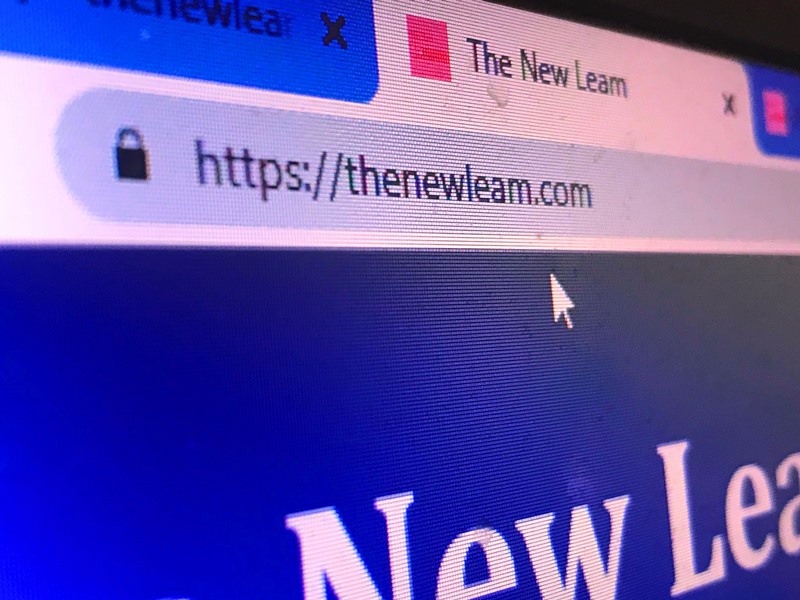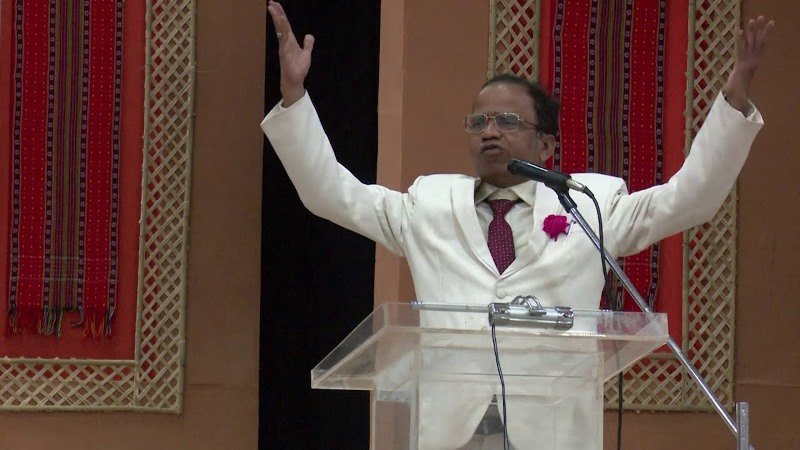Creative Pedagogy is Passionate Pedagogy and Not Necessarily Elite
The month of May has its unique historical relevance marking many significant dates that continue to shape our lives in important ways even today. As educators and pedagogues we must help in building a bridge that unites our collective history with the world that we live in today, unless such a bridge is made we find ourselves without socio-cultural/historic roots, without a sense of belonging and most importantly without the thread of connectedness that unites us despite our numerous differences. If History is disseminated in the classroom in the form of engaged discussions, elaborate debates and spaces where learners can passionately engage rather than passively receive the subject then learning becomes an experience of exploration. It is through simple yet profound pedagogic experiments that interest can be generated and a discipline that is often loaded with the burden of rote memorization can actually be transformed into one where both the pedagogue and the students evolve passionate curiosity. Let me suggest a simple pedagogic tool, we teach our students various historic events and they are compelled to memorize their dates mechanically to reproduce in the examination- how about challenging this age old practice and spending some time in the beginning of the year with students to evolve a unique historical calendar in which every day of the year has a record of the significant events in history that took place on that date. So when the calendar is displayed on the walls of the classroom and each new date showcases its relevance in human history children will automatically be curious to know what happened on that day in a remote year perhaps when they were not even born! This will link the present to the history so beautifully that if taken up by a concerned teacher can very fruitfully create better awareness among students.
Let me give you a few interesting examples: it is on 1st of May that we celebrate international Labour Day, on May 3rd 1469 Niccolo Machiavelli the Italian writer and statesman who wrote the Prince was born, on May 4, 1494 Christopher Columbus discovered Jamaica, on May 5th 1818 the founder of Communism Karl Marx was born in Treves, Germany, on May 6th 1967 the Roman Renaissance ended by the sacking of Rome by the German troops also on May 10th 1994 in South Africa’s first free elections Nelson Mandela became the President. There are many interesting events that took place during this time it is not in the scope of this space that I list all but I hope it has given our readers a clear picture of how this uniquely fascinating calendar based experiment can be taken up within the classrooms and help cultivate interest in the discipline. All that a teacher must be prepared to do is to initiate discussions around these events in a way that does not burden the mind of the child with dry information but rather awakens his curiosity and creative interest. Over the year the pedagogue would be surprised to see how beautifully the orientation and approach to the subject has altered in significant ways and the bridge has begun to be constructed between the history and the contemporary. The New Leam firmly believes in the need of enormous transformation in our pedagogic sensibilities and how creative learning practices do not necessarily require expensive infrastructural arrangements and can be innovated to suit humble settings. This also points to a more profound and philosophic challenge related to how quality/alternative learning can be pulled out of the walls of elite schools and democratised to reach to the millions of ordinary children who deserve an education that equips, transforms and cultivates them. Through our on-going research based workshops and community initiatives we are increasingly trying to develop mechanisms where innovative pedagogy can become the reality rather than an exception even in the most humble backgrounds with the help of educationists, grass root workers, members of the extended community and of course young learners.
This is a challenge that demands immediate attention and action and with our dedicated team and clear vision we are prepared for its many ups and downs. With a zeal for innovative pedagogy, creative teaching-learning practices and a determination to evolve a platform that unites pedagogues, educators, thinkers, philosophers, activists, guardians and learners we invite our readers to join in this collective journey.
This issue of The New Leam comes to you with a series of very interesting and thought provoking articles from various fields that will surely take you on a thought provoking voyage. From articles on the works of great thinkers like Deleuze and Heidegger to elaborate pieces on innovative pedagogy in adverse conditions to stories from the grassroots of extreme marginalization and oppression of children and a tribute to the legendary thinkers Karl Marx and Rabindranath Tagore who were born in this month- this issue of The New Leam is sure to give you a complete reading experience. I also urge you to send us your letters, ideas, suggestions and feedback so that we may continue innovating our work and reaching out to many more minds across the world.
– Vikash Sharma
This EDITORIAL is published in The New Leam, MAY 2017 Issue( Vol .3 No. 24) and available in print version. To buy contact us or write at thenewleam@gmail.com
The New Leam has no external source of funding. For retaining its uniqueness, its high quality, its distinctive philosophy we wish to reduce the degree of dependence on corporate funding. We believe that if individuals like you come forward and SUPPORT THIS ENDEAVOR can make the magazine self-reliant in a very innovative way.













